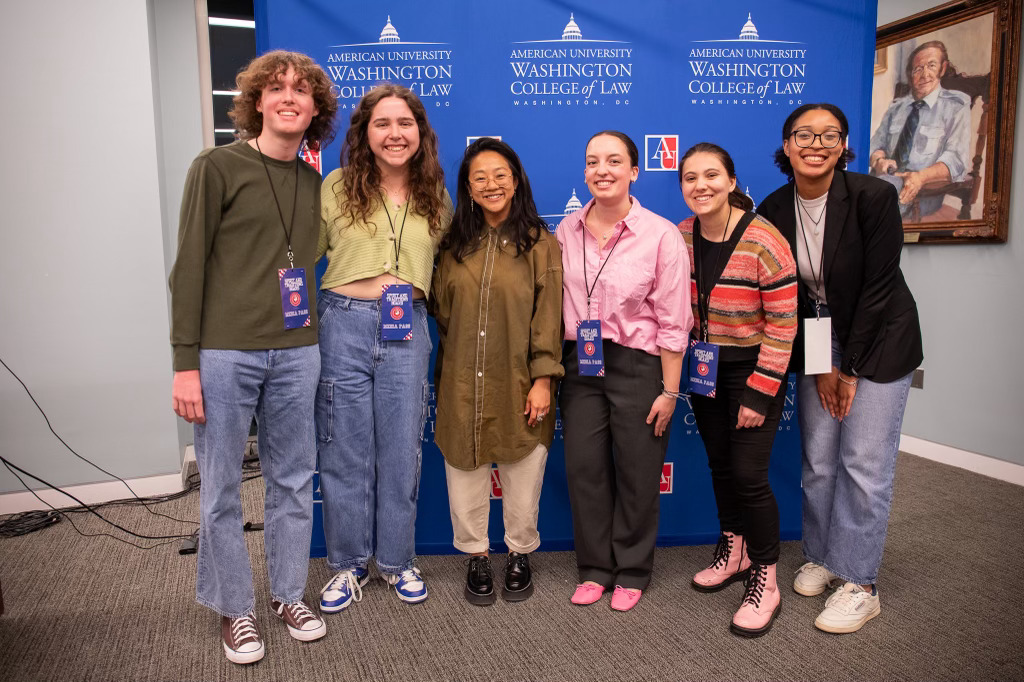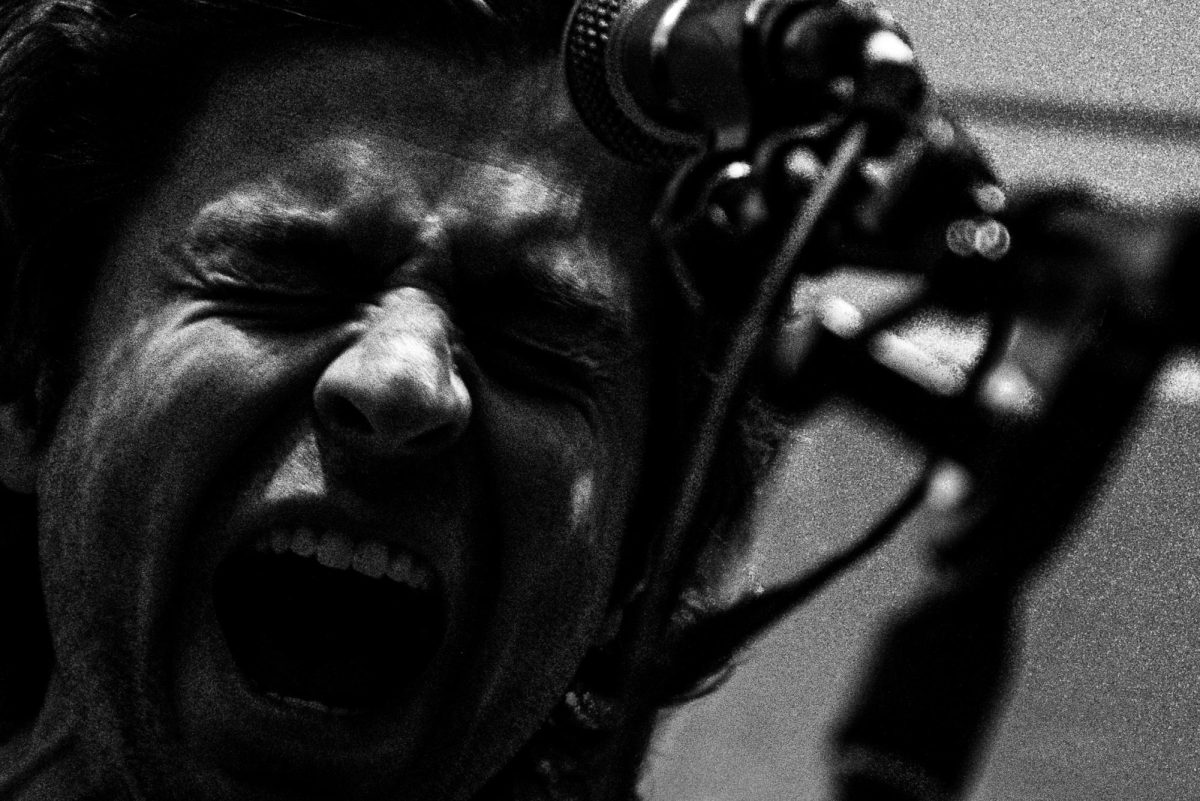WVAU Loves…
April 22, 2011
I already wrote about the brilliance of Merrill Garbus and her project tUnE-yArDs prior to her new release w h o k i l l, a masterfully constructed conglomeration of genres all anchored by Garbus’s powerful vocals and deft ukulele playing. On w h o k i l l, all of the idiosyncrasies Garbus showed in her past work are amplified (though coupled with infinitely better production quality), so it’s understandable how her lyrics, instrumentation, and truly distinctive voice can turn people off. But three songs deep on w h o k i l l , after two traditionally quirky tUnE-yArDs tracks, lies “Powa,” a slow-burning powerhouse of a song and one of Garbus’s best to date.
While “Powa” at first sounds a lot like a typical tUnE-yArDs jam, don’t be deceived. The song opens with Garbus’s distorted ukulele playing, head voice, hearkening back to the bedroom aesthetic we heard on BiRd-BrAiNs ÛÒ until it kicks into terse ukelele strums and Garbus’s croons, which couple perfectly with tUnE-yArDs’ newest addition, a slinky bass that gives the song a warmth never before heard from Garbus. The lack of production quality on BiRd-BrAiNs gave the album a certain charm, but the lo-fi is hardly missed on “Powa, ” which eschews the typical clattering percussion and quirky melodies of tUnE-yArDs for a glowing, controlled funk. It’s perhaps Garbus’s most conventional song to date, and she’s never sounded better, with her swaggering vocals launching into the stratosphere at the song’s climax with a string of sublime high notes.
Thematically, “Powa” comes as even more of a surprise. As heard on BiRd-BrAiNs, Garbus often grapples with her sexuality and body image with a brutal, ugly honesty. On “Fiya,” one of the standout tracks on BiRd-BrAiNs, Garbus addresses a lover, but with a voice steeped in defiant loneliness. “Powa” may come from the same woman who matter-of-factly asserted her own self-loathing on BiRd-BrAiNs, but here, Garbus isn’t tackling her demons. Rather, she marvels at her lover’s dizzying power to make her forget her insecurities, urging him, “I need you to press me down before my body flies away from me.” Garbus is seduced, and instead of dissecting her relationship, peeling back its skin to pick at its most dark and morbid parts, she takes a step back and simply stands in awe. Maybe you can relate to “Powa,” perhaps in being loved and wondering at how exactly you got there, or wondering how anyone could ever love someone as imperfect, strange, or even as ugly as yourself. The rest of w h o k i l l may wrestle with race, violence, and inequality, but for a few smoldering minutes on “Powa,” Garbus lets go. The song is about a transformation – for just a little while, Garbus is able to live outside her head, finally believing that she’s truly as beautiful as her lover makes her feel.













